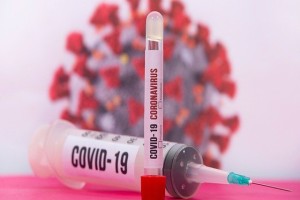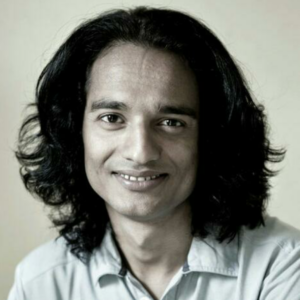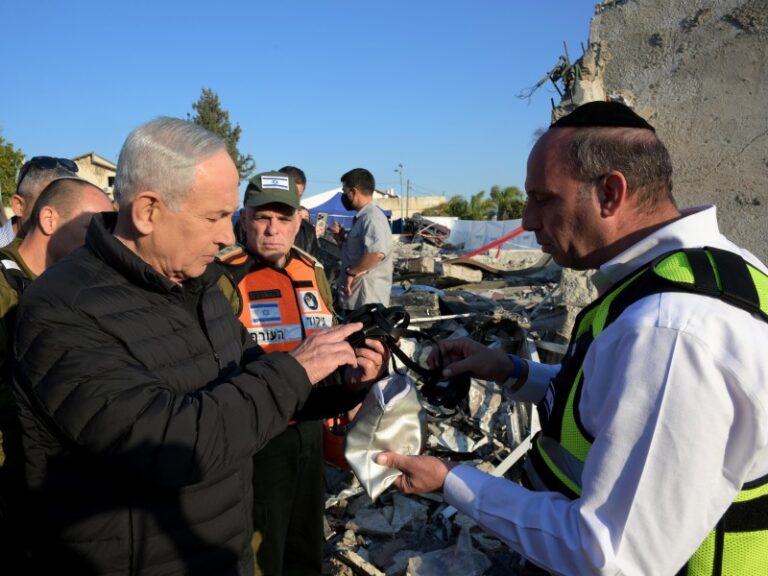
Perspective
Anxiety among proponents of vaccine business as 24% Covid victims in Delhi recover automatically from COVID-19
 By Kaushal Kishore*
By Kaushal Kishore*
Rising number of COVID-19 infection has been on the top of everything since the last week of March in India. In the last eight months 19.8 million people got infected in at least 181 countries with 0.75 million casualties. Now half of the cases are from three countries i.e. United States of America, Brazil and India. The larger world seems to be involved in the fight against this pandemic. Abruptly it has created panic, terror and havoc among the masses across the world, initiated the process of lockdowns, and invention of vaccines. As such the investments in vaccine development efforts have increased many fold. Today its proponents are prepared to launch it in the market as soon as possible with a view to offer solution.
National Centre for Disease Control (NCDC) has conducted the sero-prevalence survey on 21,387 people in the national Capital between June 27 and July 5. On the centenary of Lokmanya Tilak’s demise, NCDC again started that study to know the actual position of the infection. The report of this survey is surprising with a presence of antibody in average 24 per cent population. It means such a huge population got infected and recovered automatically without being noticed. Moreover these people don’t need the vaccination, thereby caused anxiety among the proponents of vaccine business. This is beyond imaginations of policy makers and villagers alike.
Also read: Walking Down Waterworld…It is the same old story from Kaziranga to Kerala
Mahatma Gandhi believed that vaccination is a barbarous practice and one of the most fatal delusions of our time. He wrote Guide to Health, and denounced vaccination against the contagious diseases in 1906. One of its chapters deals with the most pervasive contagious disease of that period, smallpox. He wrote, “If it were really a contagious disease, everyone should catch it by merely touching the patient, but this is not always the case. Hence there is really no harm in touching the patient, provided we take some essential precautions in doing so. We cannot, of course, assert that smallpox is never transmitted by touch, for those that are physically in a condition favourable to its transmission will catch it.” The reference to its evils as investigated by British Anti-Vaccination Society is mentioned in five points before he concludes, “The fact of the matter is that it is only the self-interest of doctors that stands in the way of the abolition of this inhuman practice, for the fear of losing the large incomes that they at present derive from this source blinds them to the countless evils which it brings.” He has changed his opinion on several issues, but tried hard to abide by it on the issue of vaccination.
The sero-prevalence report from certain other countries also depicts similar picture. As a consequence the actual number of infection is 20 to 50 times more than the tested figures as reported by Indian Council of Medical Research (ICMR) and World Health Organisation (WHO). Now the limitation of the scientific modelling is in question reminding the necessity to acknowledge other disciplines like humanities as equally important for policy makers before taking such initiatives. Meanwhile it appeared that the class of people capable to isolate and operate from the spacious homes does not care for the hard working class migrants that thronged onto the roads with the introduction of the lockdown. And most of its responsibilities fall squarely on the shoulders of the policy makers and the scientific community for the premature and inaccurate predictions in order to impose the lockdown. It has raised a series of questions on the intentions of these classes that used to be murky since the colonial regime.
The ICMR data presented yet another significant factor that deals with Secondary Attack Rate (SAR). In India, it is 6 per cent that means 94 per cent family members didn’t develop COVID-19 infection, however, they are in close contact with one another. It means the disease doesn’t transmit unless the favourable condition is already available, as Gandhi had noticed more than a century ago. Indian Institute of Public Health (Gandhi Nagar) mentioned about the scope of SAR that can be somewhere between 4.6 per cent and 50 per cent. In this situation, in case the disease appeared in one locality, many people are prone to an attack. As an average 10 to 20 per cent family members are prone to develop the infection. This has given rise to the belief of the contagious disease, and vaccination is its only remedy. These findings also questioned the notion that the brief exposure at public place can develop into the infection that’s largely promoted by the authorities. In fact the precautions such as face mask and physical distancing are subject to the individual choice.
Fear factor is the cause of numerous troubles since a very long time. This crisis has rendered a historical example of its significance. The scientific community suggested lockdown as a preventive measure, and the policy makers introduced it in a hurry at a time when the number of infection were in hundreds, and initiated the process of unlock when it has reached the peak. The fear of infection and economic crisis are hovering over the conscience of the nation-state in both of these cases. Health care is a subject in the State List, but the Centre deliberately failed to consult the states before imposing it first time. Similarly medication is a subject to the individual choice; the health care practitioners cannot administer a drug without the consent of patients. Alma-Ata declaration of 1978 deals with health care for all. Sadly, WHO has failed to take the lofty principles of the universal health into account. They have totally discarded the gospel truth in practice for several decades, and role of community and individuals only to allow the panic and terror to spread further at the hands of private and public hospitals like the barbarous practice.
The clinical trials of COVID-19 vaccines are in progress these days. But none of them can claim to be the ultimate cure against its infection. Although public at large hope these vaccines as an ultimate remedy, the WHO has cleared its position on the subject when declared on last Monday (3rd August) that the vaccine is not a guarantee to COVID-19 cure. Moreover they don’t expect any such ultimate cure ever in the future. It makes the traditional system of health care and concepts of immunity against the infections more relevant today. Naturopathy and yoga that Gandhi practiced and advocated most of the life are equally relevant during the pandemic.
*Kaushal Kishore is the author of The Holy Ganga (Rupa, 2008), and Managing Editor of Panchayat Sandesh. His column Across The Lines appears in vernacular publications.





